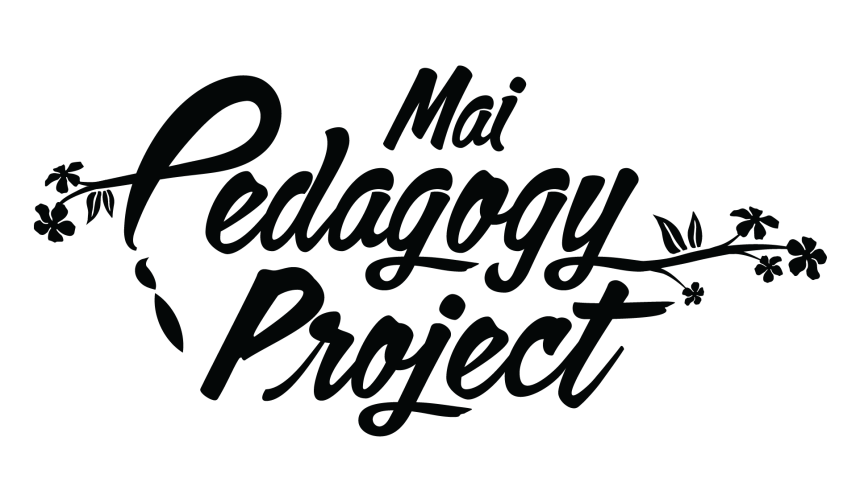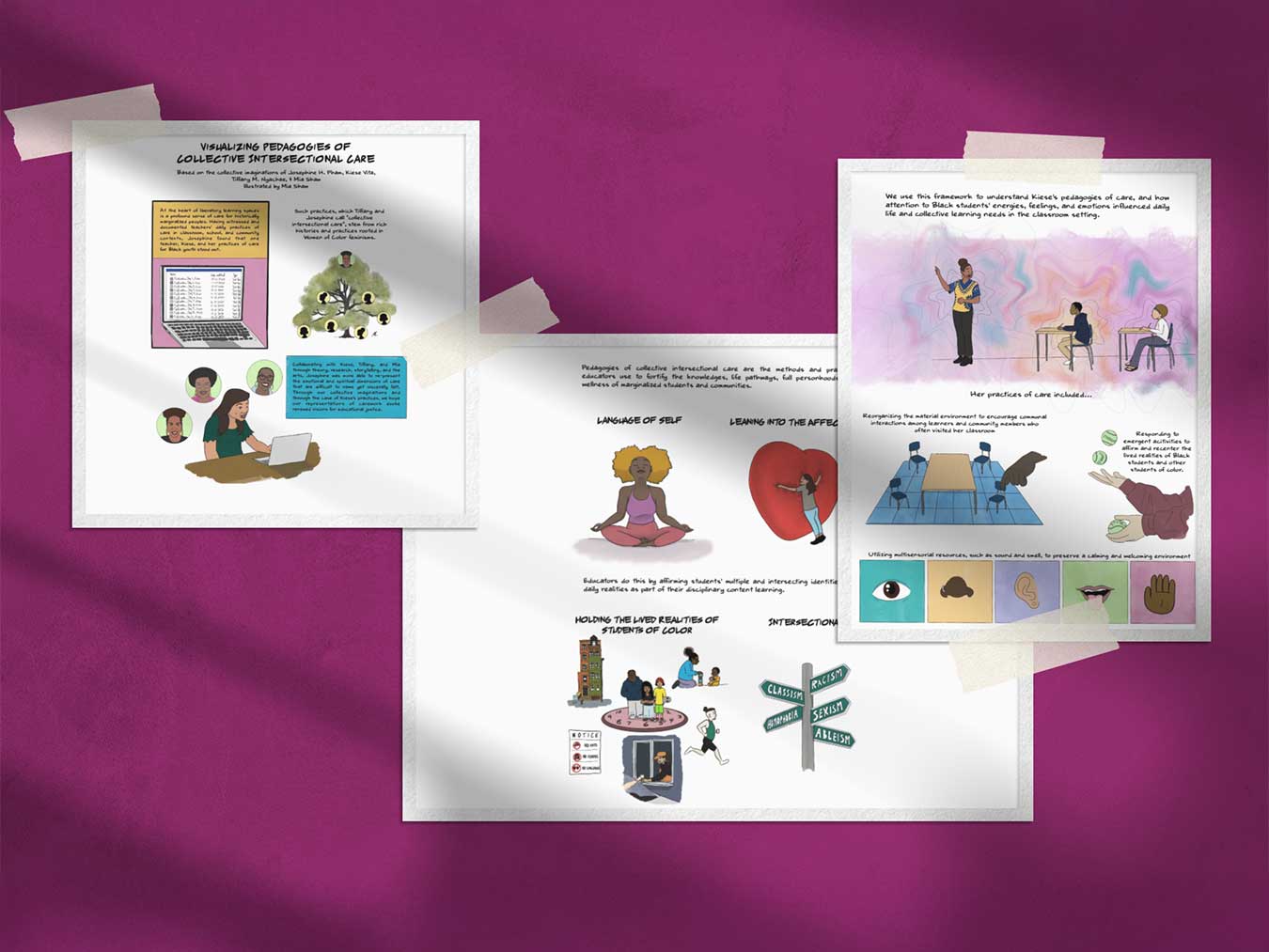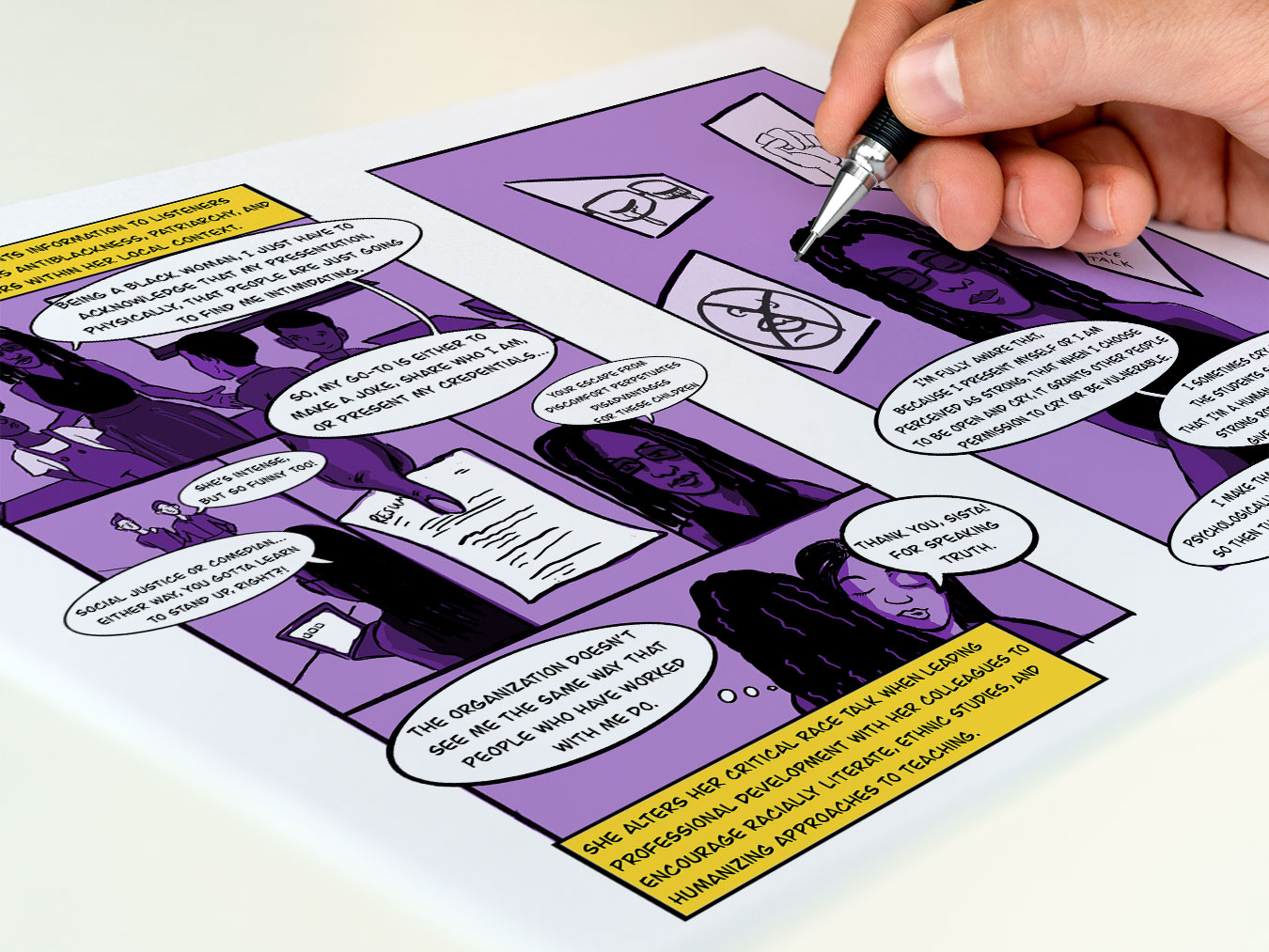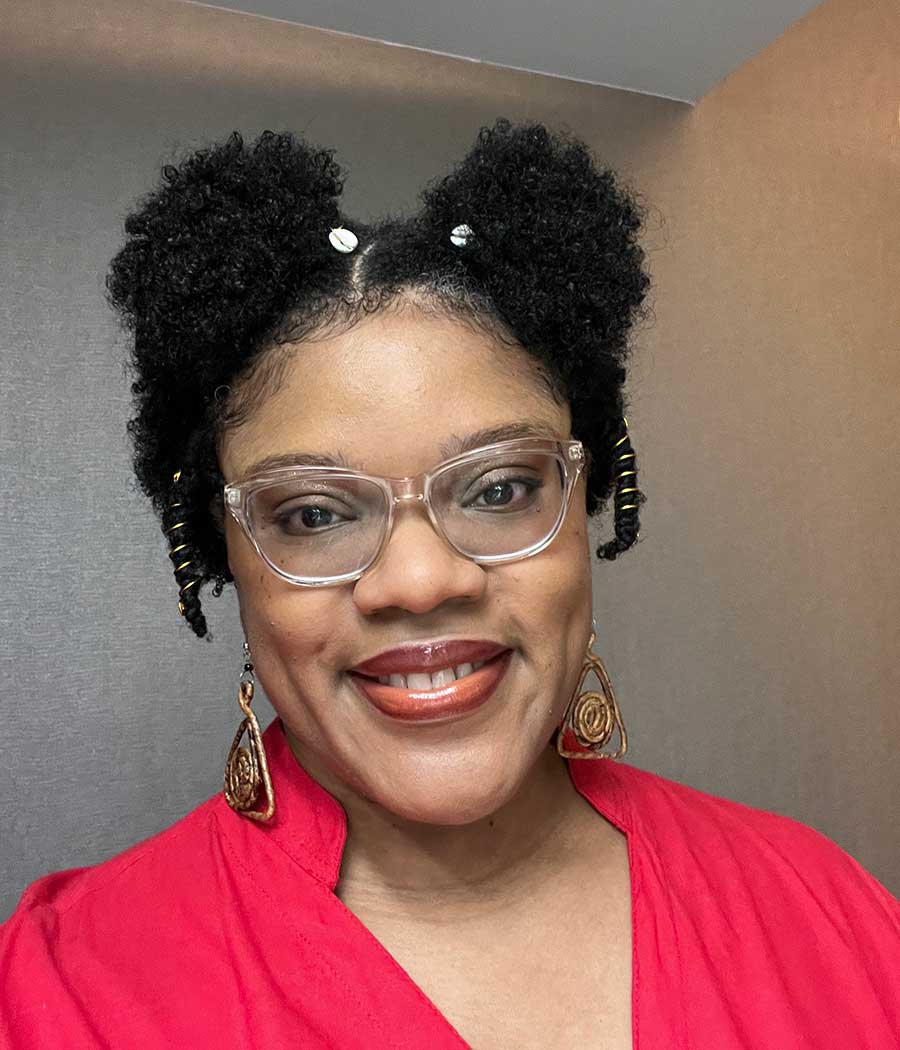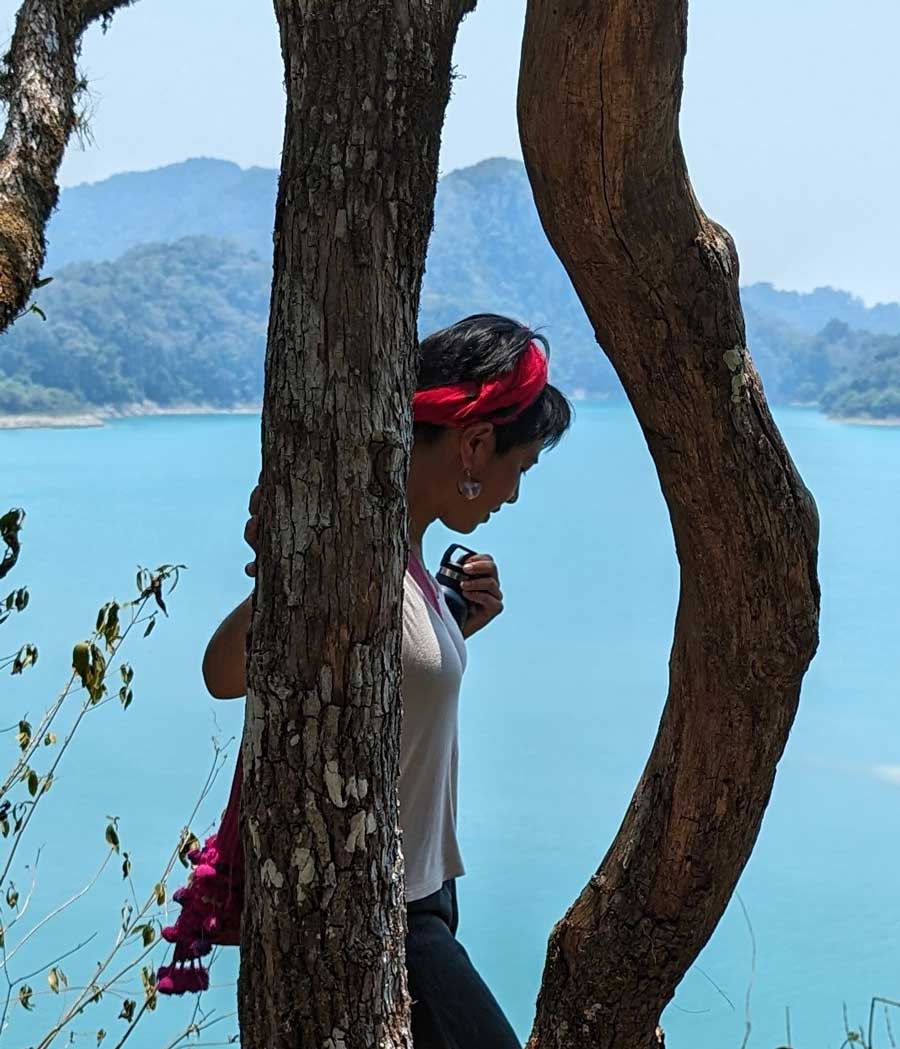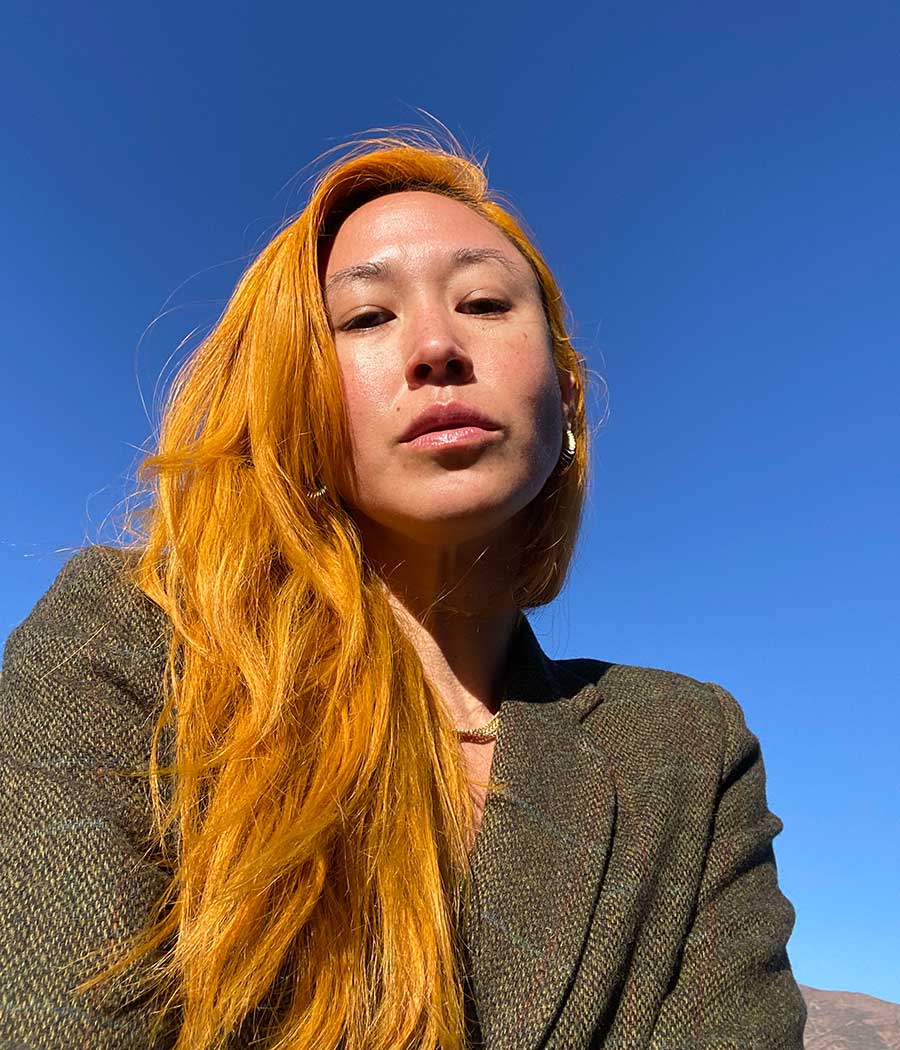
Mai Vision
Re-imagining Knowledge and Practices
Our vision is to promote knowledge sharing and praxis among scholars, practitioners, and the public. Using multimodality and the arts to communicate research findings in non-traditional forms, Mai Pedagogy Project aims to inspire imaginative musings, theorizations, and practices for educational justice.
We call this form of community-engaged scholarship “research artivism.” The term “artivism” is derived in part from the rich legacies of Chicanx artists from East Los Angeles and Zapatistas in Chiapas, Mexico who combined art and activism to educate and organize for social transformation; and other BIPOC creators whose representations of knowledge more fully capture the multiplicity of the language, literacy, and cultural practices of their selves, communities, and marginalized groups.
Mai Vision
Re-imagining how Knowledge and Practices in the Field of Education is Created, Shared, and Experienced
Our vision is to promote knowledge sharing and praxis among scholars, practitioners, and the public. Using multimodality and the arts to communicate research findings in non-traditional forms, Mai Pedagogy Project aims to inspire newer musings, fuller theorizations, and more experiential practices towards educational justice.
We call this form of community-engaged scholarship “research artivism.” The term “artivism” is derived in part from the rich legacies of Chicanx artists from East Los Angeles and Zapatistas in Chiapas, Mexico who combined art and activism to educate and organize for social transformation; and other BIPOC creators whose representations of knowledge more fully capture the multiplicity of the language, literacy, and cultural practices of their selves, communities, and marginalized groups.
Mai Why
Why Mai Pedagogy Matters
Our goal is to democratize research, amplify unheard voices, and provide pedagogical tools for co-creating racially just learning spaces. The project serves as a beacon for educators, scholars, and artivists who champion racial justice in education, uniting diverse voices and communities to reimagine possibilities within and beyond educational institutions.



Explore Mai Pedagogical Resources
“And this [pedagogical resource] offers something in between, it is a telling of a story based on curated choices using [data, theories, and lived experiences]… and it can be a tool where I can show it to people who are able to speak on lived experiences without requiring them to share their own trauma. It facilitated bringing up stuff without it having to be excavated and extractive in the dialogue”
“If someone’s like, you need to make your class more rigorous, I don’t know what else could be more rigorous than using more resources that’s based on a scholarly journal, a theoretical framework, and to create something from it that’s accessible and meaningful to students”
“I think there is something powerful about the visual component of [research artivism] that seems less intimidating. We associate comics and cartoons with something lighter and you can dive into more difficult topics that can serve to ignite conversations with people.”

join our journey!
subscribe for updates
Stay up to date on Mai Pedagogy Project
